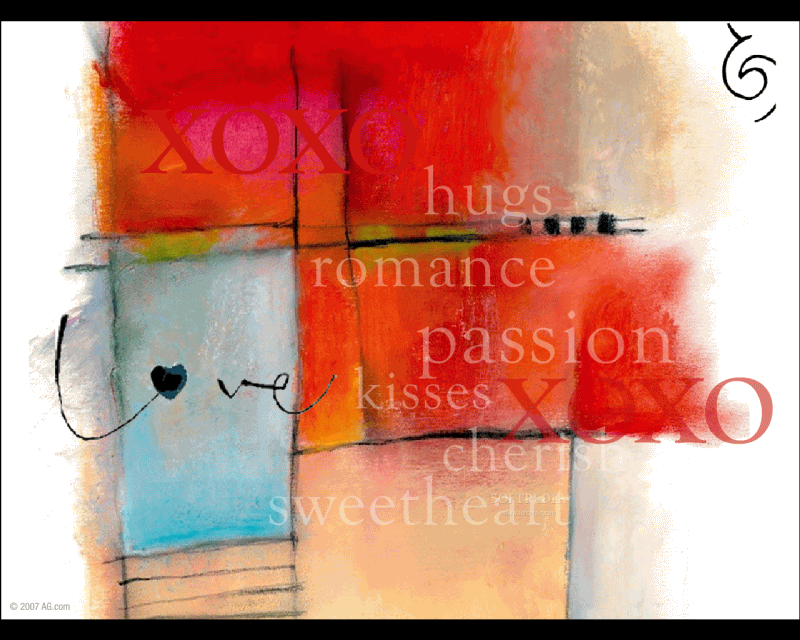



There were paragraphs pulled from her 1981 debut, Ain’t I a Woman?, in which she provocatively tore into both white feminism and traditional Black activism for their historical neglect of Black women. On social media, screenshots of well-worn, lovingly annotated pages from her prolific back catalogue began populating people’s timelines. “Her impact extended far beyond the United States: many women from all over the world owe her a great debt.”Īs the news began to spread, so did hooks’ wisdom. “ dedication to the cause of ending sexism, sexist exploitation and oppression was exemplary,” added Margaret Atwood. “Her loss is incalculable,” tweeted author Roxane Gay, after hearing the news of her death. Her work was primarily about healing: about diagnosing society’s ills, and laying out optimistic, communal and open-hearted solutions. For decades, hooks – real name Gloria Jean Watkins – had been building a reputation as one of the world’s most soulful and conscientious contemporary thinkers, writing over 30 books on race, feminism, intimacy, class and capitalism. The news hit the internet with a ripple, and then a wave. The tragic announcement was shared on Twitter yesterday by her niece, Ebony Motley, who revealed that hooks had died from an illness “at home, with family and friends by her side.” This week, news broke that bell hooks – the pioneering social justice activist, academic and author – had passed away at the age of 69.


 0 kommentar(er)
0 kommentar(er)
